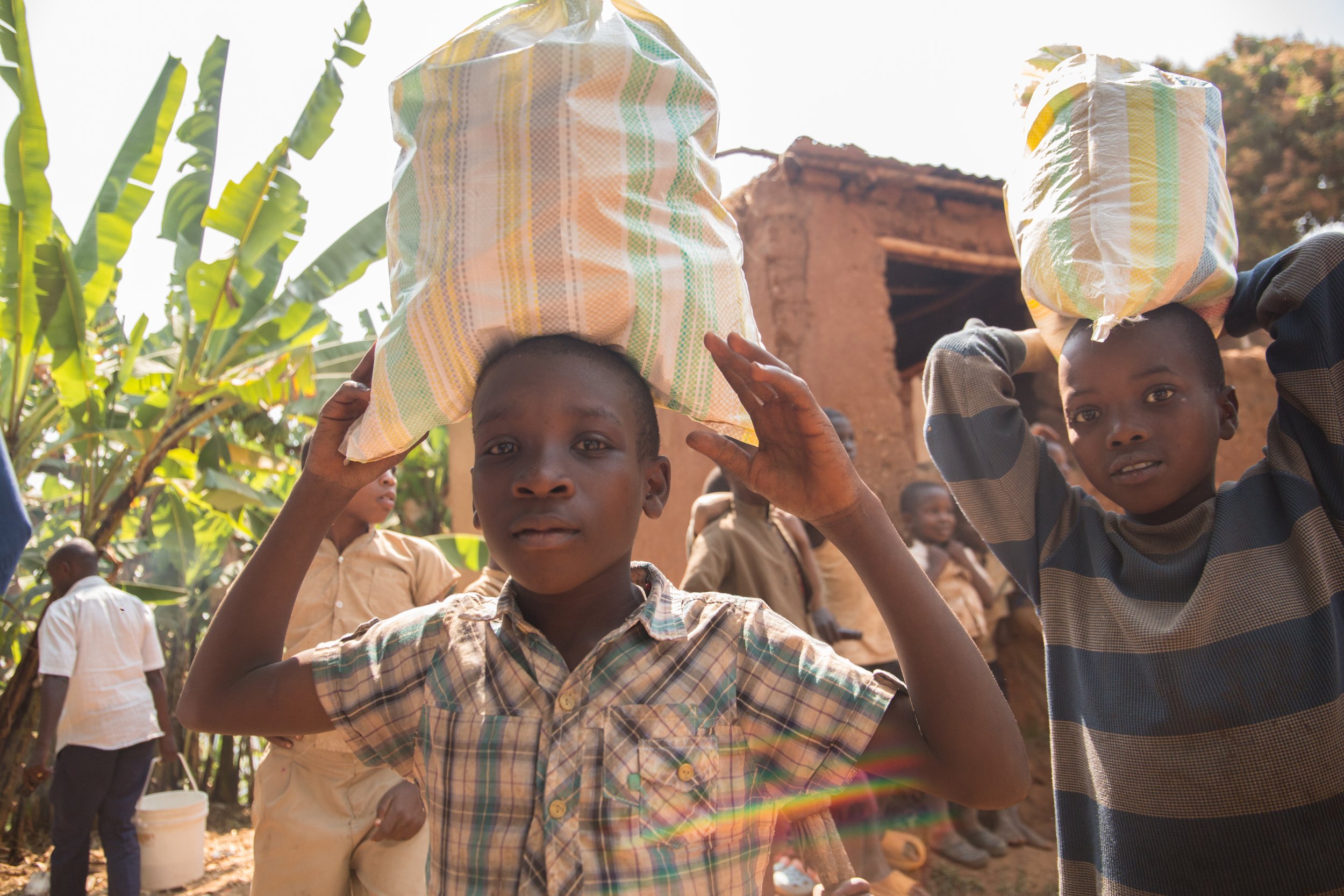Breaking bread
Bujumbura area, Burundi - August, 2024
Burundi, a landlocked nation in East Africa, is among the poorest countries globally, with an exceptionally high population density of 442 inhabitants per square kilometer. Ranked 187th out of 191 on the Human Development Index, a staggering 87% of its population lives in poverty, surviving on less than USD 1.90 per day. In recent years, the country has been grappling with a sociopolitical crisis that has triggered an economic downturn. This downturn has led to severe shortages of essential goods such as sugar, fuel, and cement, alongside a transport crisis. The economy remains highly vulnerable to external shocks and the impacts of climate change.
For instance, between late 2023 and April 2024, the El Niño phenomenon affected around 200,000 people, increasing the number of internally displaced persons in Burundi by 25%. Despite limited arable land and minimal access to quality agricultural inputs, agriculture accounts for over 80% of the country's economic activities and is largely focused on subsistence farming.
Nutritional challenges are acute, with 55.8% of children under the age of five experiencing stunted growth due to chronic malnutrition and ongoing food insecurity. Additionally, Burundi faces significant challenges related to migration. The country is working to reintegrate Burundians who fled during the violence of 2015. Over 415,000 individuals sought refuge in neighboring countries, primarily Tanzania, and reintegrating these populations remains an ongoing concern.
Nutrition has been a foundational area for the various associations working in the country, showcasing extensive expertise in enhancing the resilience of vulnerable rural populations through an integrated, participatory, and multisectoral approach.
Efforts are directed toward improving the nutritional status of women and children, alongside promoting household food security: this is achieved through measures like increasing access to and use of diverse, nutrient-rich foods, encouraging the cultivation of vegetable gardens, and fostering income-generation initiatives.
Tackling malnutrition, advancing sexual and reproductive health, expanding access to water, developing effective water management systems, and strengthening community health systems remain central priorities. Local and international initiatives emphasize improving healthcare access and quality, as well as addressing malnutrition, all in alignment with national policies, strategies, and priorities. Special attention is given to supporting the most vulnerable populations, including refugees and returnees.

















